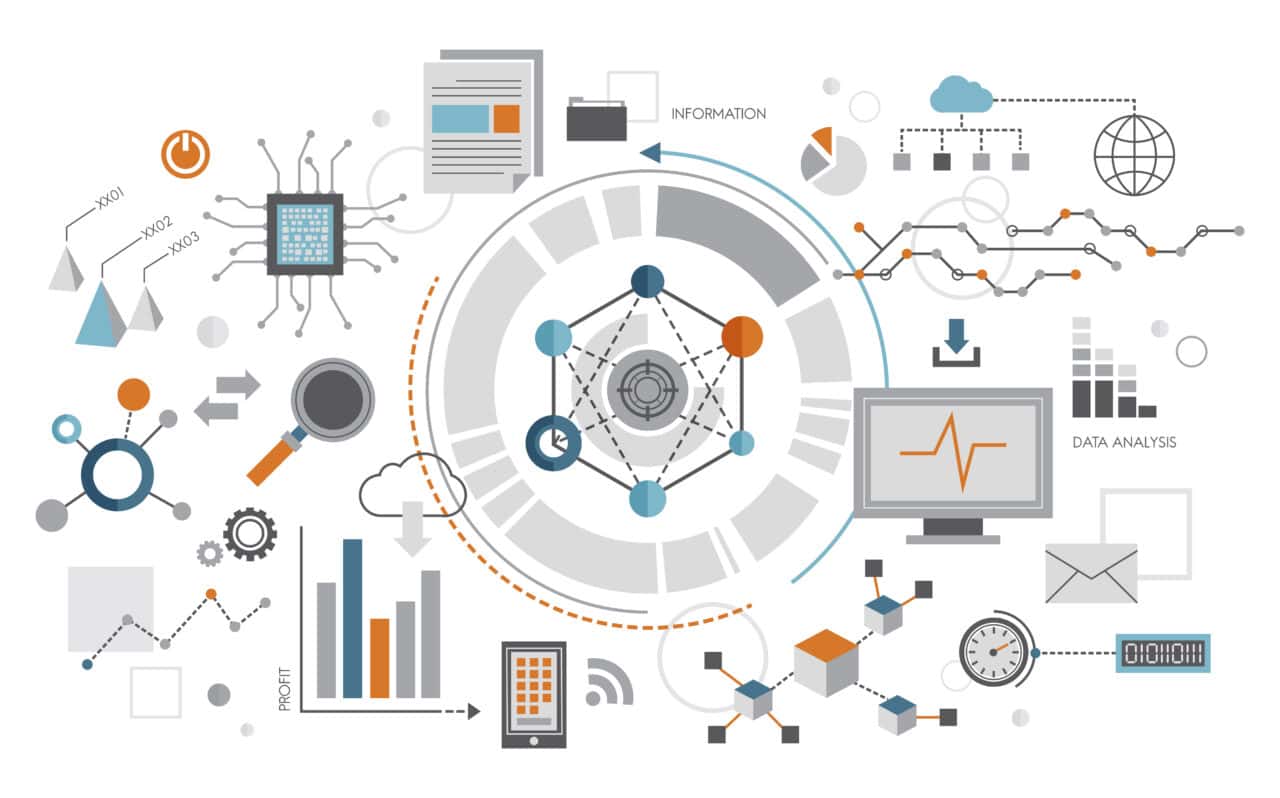
The Covid-19 pandemic has irreversibly changed lives, ways and places of human interaction, production, research, and access to services. During the crisis, the need to continue working led us to forced experimentation with new organisational structures and digital solutions that accelerated the drive for innovation and the development of new lifestyles. Severe travel restrictions and the consequent mass reliance on remote working, for instance, have brought to the fore the strategic relevance of a secure, reliable and widely accessible digital infrastructure that can ensure business resilience regardless of the external environment. At the same time, such radical and abrupt changes have had a significant impact on the lives and working styles of millions of people, in some cases facilitating work-life balance, in others leading to an increase in cases of burnout, depression, anxiety and stress. Overall, social distancing has involved the forced large-scale experimentation of new business models based on digital and hybrid technologies. We are, therefore, facing a natural experiment of unique proportions, which has allowed researchers to study the causal impact of a massive digitization of productive activities in terms of competitiveness, sustainability, well-being and resilience of individuals, enterprises and territories.
In this context, the Economic and Digital Resilience Project (RED), funded with more than EUR 5 million by the Ministry of Universities and Research, aims at analyzing the available evidence on economic and digital resilience during the pandemic from an interdisciplinary perspective and to exploit and enhance it in the perspective of post-pandemic recovery. The core of the project is the creation of an open virtual laboratory, called Open Lab, which provides a unique model in the national panorama for collecting and processing data from the real and virtual world. Its aim is to foster translational research by building a bridge between the world of research and society, substantially shortening the time that generally separates experimental research and the adoption of innovative solutions by private, public and third sector operators.
Building on the study of innovative solutions based on hybrid models of organizing production activities, business organizations, scientific communities and public service delivery that emerged during the lockdown, the Open Lab aims to become a 'centre' to which researchers, or organizations, companies, associations, can turn to in order to organize and direct the collection of information and experimental data useful for conducting studies and scientific investigations, or to improve the organization of production processes and services. The questions that the Open Lab can help answer are the most varied. Just to give a few examples, questions such as: is it possible to promote a conscious consumption of water during a water emergency by increasing customer satisfaction? What is the impact of increasing digitization in the workplace on employee productivity and job satisfaction? How can cooperation between students and teaching staff be improved in order to achieve learning objectives and improve well-being?
The research developed through the Open Lab will be carried out in the most diverse manner, whether on the basis of data collected in the field and remotely, through the development of customised apps and software and the use of state-of-the-art machinery, or by exploiting existing databases. The Open Lab will draw on the knowledge and experience of a team of researchers who are experts in various fields, from data collection and analysis, to the legal aspects of data collection, or the ethical aspects of clinical scientific investigations.
One of the benefits of the Open Lab is the development of innovative solutions for analyzing the effects of policies on the basis of timely evidence analysis. When fully operational, the Open Lab will be able to integrate tools for the experimental analysis of digital infrastructures, such as the so-called digital twin, the digital replica of a physical object, or cyber range, the simulation of a network, with innovative technological solutions for conducting cognitive-behavioural experiments and experimental economics remotely and in the field. It will also make possible the development of macro-experiments in which the units being analyzed are collective entities such as groups of people, organizations, markets, or artificial agents, or mixed groups of real and artificial entities. In these contexts, the Open Lab activity will also make it possible to test in real time the effectiveness of different crisis intervention strategies, contributing to the identification of resilient solutions.
###
Thanks to the RED project, presented in the area of 'Economic and Statistical Sciences', the IMT School was selected among the 180 Departments of Excellence for the five-year period 2023-2027 and received funding of over €5 million from the Ministry of Universities and Research.
The 'Fund for the Financing of University Departments of Excellence' (Law 232/2016) was established to incentivise the activities of public university departments that are characterised by excellence in the quality of research and scientific, organisational and didactic planning, as well as technology transfer and collaboration with local businesses.